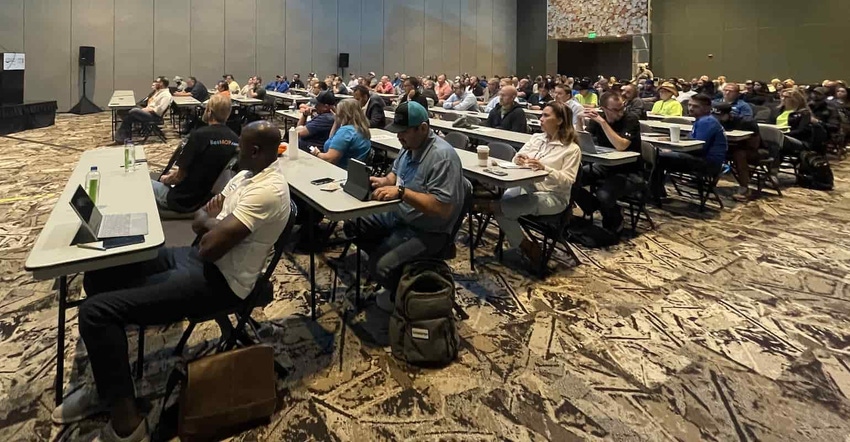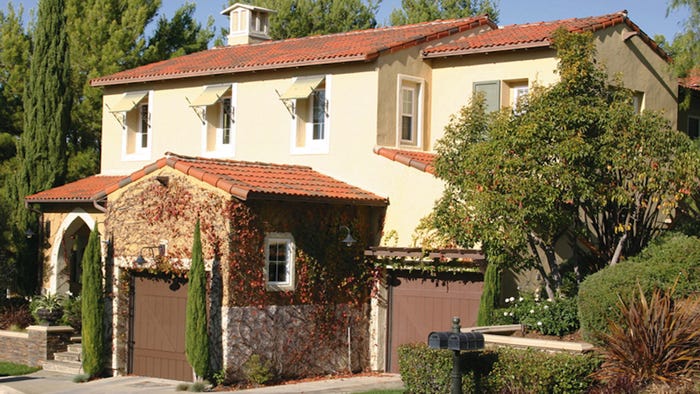We take a look back to an education session led by BioLab's Alicia Stephen. Stephens discusses some of the chemistry issues common to saltwater pools and provides ways to troubleshoot ideas for the problems.

Alicia Stephens, education and training manager at BioLab, Inc., a KIK Custom Products Company, led the session titled “Saltwater Pool Troubleshooting: Beyond the Equipment.”
Many customers don't realize the chemistry issues common to saltwater pools. Stephen's seminar focused on those chemistry issues, for which she provided clear troubleshooting ideas. She noted that saltwater pools are chlorine pools and any product you can use in a chlorine pool you can use in a saltwater pool.
"Salt replaces the need to handle sticks, tabs and liquid chlorine," Stephens said. She continued to break down the basics of chlorine generation, stating that "when you put salt in water, you create chlorine gas."
During the session, Stephens dispelled the myth that adding salt is all you need. "First of all, a salt cell generates unstabilized chlorine," she said, "but you have to know that with a saltwater pool, it is creating unstabilized chlorine. So, with unstabilized chlorine, you are susceptible to the sun's UV rays. You will lose that chlorine you're generating very quickly unless you add a stabilizer. The process that the cell uses to convert salt into chlorine leads to higher pH. There's no way around that; it happens." She notes that you can treat it to mitigate the problems, but you can't entirely stop it from happening. "The environment within the cell itself is very conducive to forming scale," Stephens said. "It's just the way it works inside the cell. You've got electricity, you've got high pH. It's very conducive to forming scale."
She added that chlorine is effective at killing bacteria when you make it from salt, but you do still get the byproducts that you find with a traditional chlorine pool. Therefore shocking a saltwater pool is still a critical part of pool maintenance for saltwater pools.
What are other common issues with saltwater pools?
"First and foremost is pH balance," Stephens said. Next would be not holding chlorine.
"There are about 100 different reasons why you can't hold chlorine in a saltwater pool, only one of which is that you don't have enough salt," Stephens said. "So let me just say that more salt does not always solve your problems. But you can break those hundreds of reasons down into basically two categories: You're either eating up the free chlorine so fast that you can't keep the residual, or you're not making the free chlorine in the first place."
The third reason Stephens mentioned was excessive combined chlorine that results "because a lot of people don't shock saltwater pools." Other common issues topping Stephen's list include cloudy water and algae.
To learn more about the educational courses offered at the International Pool | Spa | Patio Expo™, co-located with Deck Expo 2022, please click here.
About the Author(s)
You May Also Like




